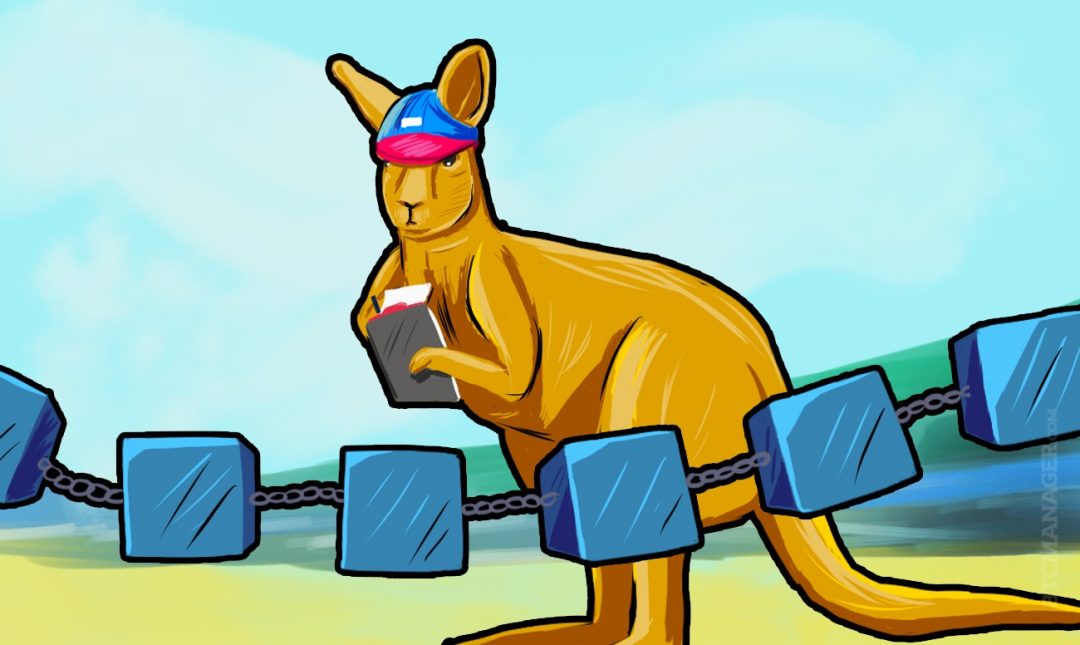PwC Australia to Launch Blockchain Solution to Enhance International Trade and Commerce

The Australian arm of PricewaterhouseCoopers, a London-based multinational professional services network, in collaboration with the Australian Chamber of Commerce and Industry (ACCI), and the Port of Brisbane has launched a ‘Trade Community System,’ powered by distributed ledger technology.
The Power of the Blockchain
The Trade Community proof-of-concept system is targeted at enhancing the operations of firms involved in the supply chain.
Blockchain technology has been proven to disrupt major industries in the global economy and supply chain is one of such ecosystems.
The blockchain-powered system developed by PwC and the Australian authorities will help improve efficiency, reduce costs and friction in the supply chain.
Port of Brisbane CEO, Roy Cummins, said:
“To drive new efficiency gains, industry leaders need to develop mechanisms which facilitate the integration and interoperability of commercial operators across the supply chain and logistics.”
Blockchain Tech to Revolutionize Logistics
The Australian economy is quite vibrant. It is estimated that more than nine million containers make their way through the five national ports in the country each year and the number is expected to keep multiplying.
The Australian logistics industry pass through a lot of challenges from vast amounts of paperwork, cargo tracking issues, third-party constraints and massive maintenance costs.
Amidst that backdrop, On May 18, 2018, the Council of Australian Governments Transport and Infrastructure Council formulated a framework for developing a 20-year national Freight and Supply Chain Strategy that would help mitigate the challenges plaguing the system and make it faster, cost-efficient and frictionless.
The Trade Community System on a blockchain will help answer the many questions contained in the Inquiry into National Freight and Supply Chain Priorities Report.
PwC Partner, Ben Lannan, said:
“The Trade Community System proof of concept is the first stage in building an innovative end-to-end supply chain that will digitize the flow of trading information, improve connectivity for supply chain participants, reduce friction for businesses and reduce supply chain costs, providing unprecedented productivity gains for Australia’s international businesses.”
Efficiency Gains for the Agricultural Sector
According to the Australian Chamber Director of Trade and International Affairs, Bryan Clark, the country has been witnessing exponential growth in its volume of trade in recent times and this progress is threatening to tear apart existing systems as they can no longer handle the operations efficiently as such the cost of operations has increased substantially. In his words:
“At present the current inefficiency across Australian supply chains has added to the cost of doing business, creating up to $450 in excess costs per container… This doesn’t just represent in excess of $1bn in value lost, but goes to the heart of Australian commodity trade viability when it gets priced out of the competitive global market.”
In a similar development, the Korean Customs Service has inked a deal with Malltail, to help in the development of a blockchain-powered customs system for the Korean e-commerce sector.
Blockchain technology is spreading across industries at the speed of light. If all goes according to plan, the integration of the blockchain into the Australian supply chain systems will massively boost the country’s economy.













